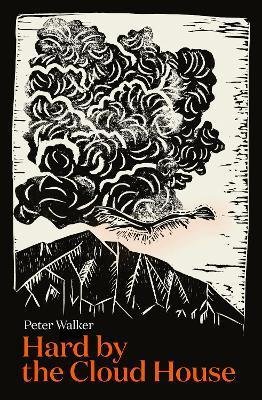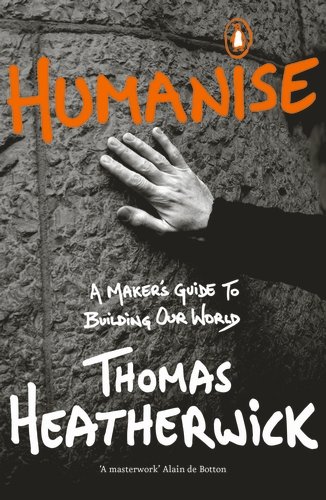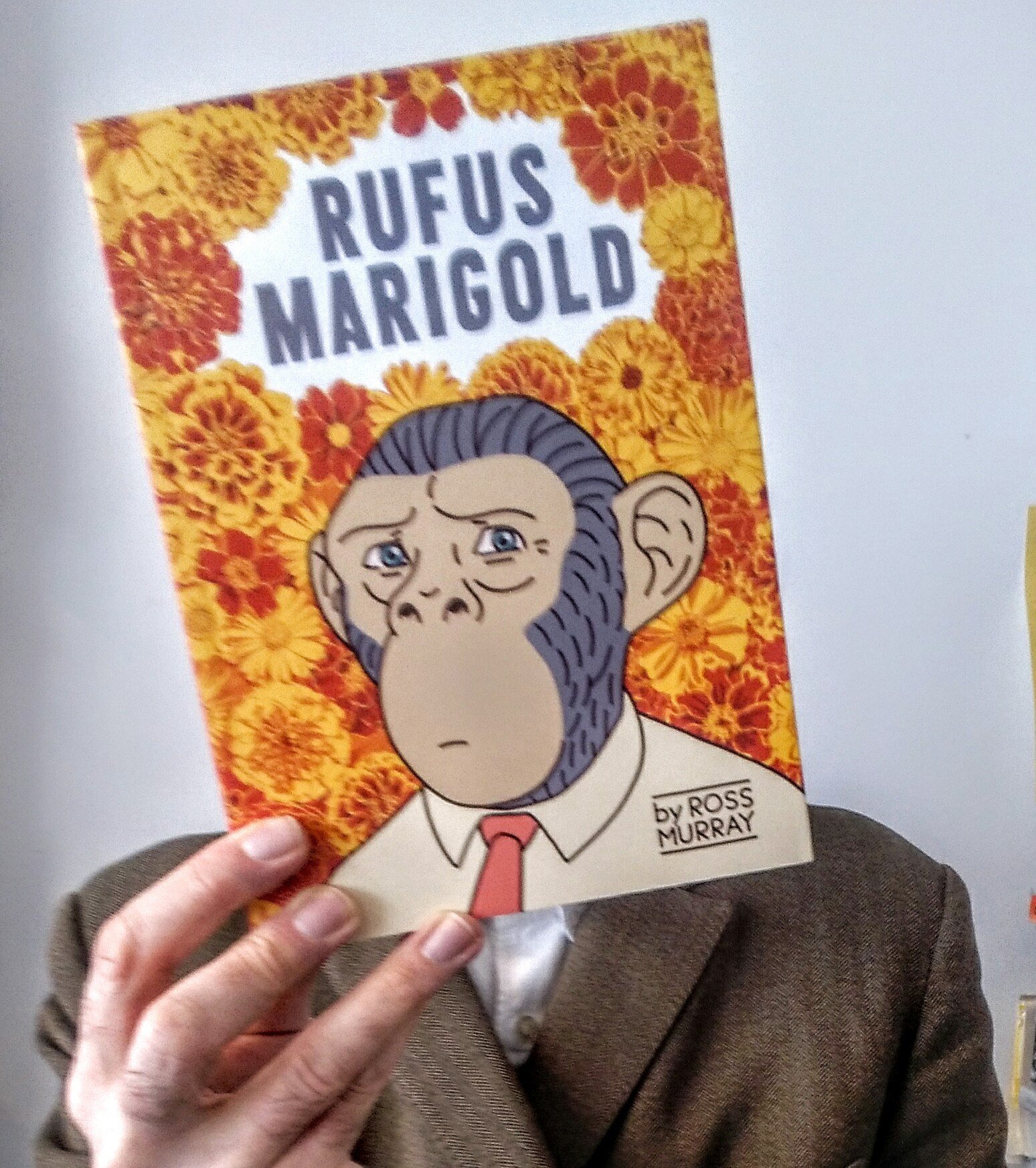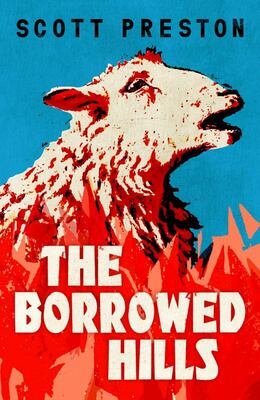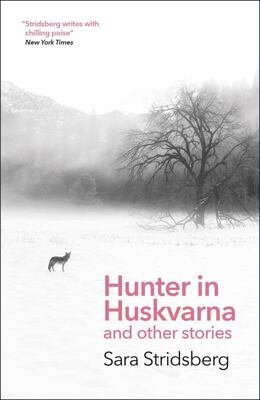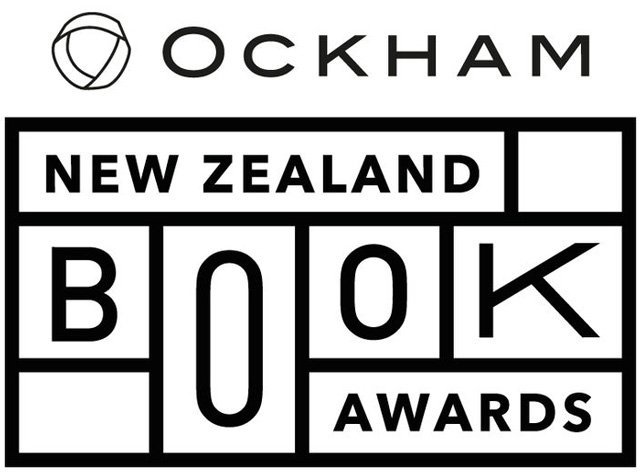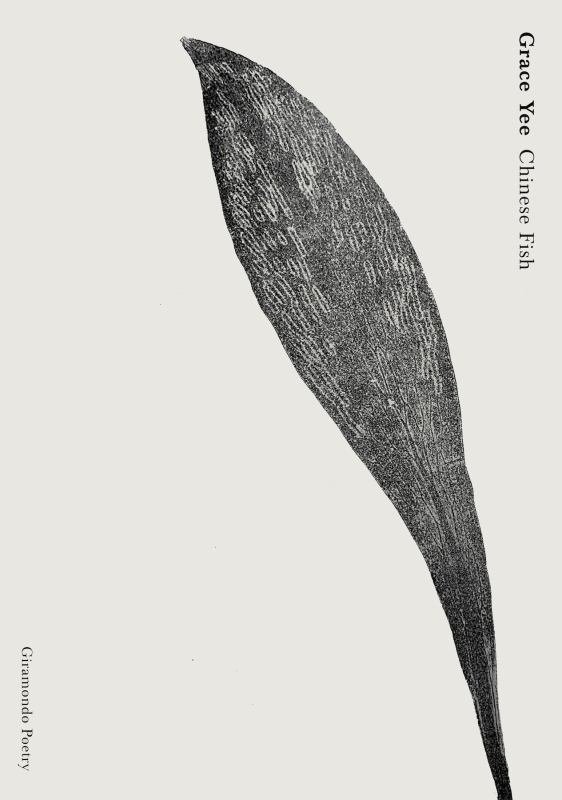He had read the book so there was no reason why he should not by now have also written the review. He had, however, not written the review and he was, for some reason, feeling disinclined to start writing the review, even though the review had to be finished soon, in fact the sooner the better, to go out in the newsletter, preferably before dinner, and he could feel this urgency sitting like a physical pressure, even though he could not quite locate where upon his body this seemingly physical pressure was applied, or was applying itself. Presumably if he was affected by a seemingly physical pressure it would be experienced physically, or seem to be, which is the same thing, his body was all he had, so maybe this physical pressure was applying itself, or being applied to, his head, or his back, or his stomach, he could certainly feel what could be the cumulative effects of such pressure in each of those locations, or in all of those locations, he could not decide which, though he also could not decide whether what he felt in those physical locations was the effect of the seemingly physical pressure to write the review of Rufus Marigold, a pressure that was not actually physical but only seemingly physical in that it was experienced physically and his body was all he had, or of some other seemingly physical but not actually physical pressure, and here he had to stop himself from considering the various candidates for causing this seemingly physical but not actually physical pressure, and he thought there might be quite a few, better not to go there, or, indeed, of some actually physical pressure applying itself or being applied to those locations in his body, and here again there were various candidates for the cause of this, gravity not least among them. This always happened to him. Some minor detail or aspect of the so-called exterior world, or some comment or nuance by someone in the so-called exterior world, or some observation made by him, usually involuntarily, of the so-called exterior world, or of a person therein, would trigger a plausibly endless chain of monologue, either endlessly discursive or endlessly reiterative, in the so-called interior world, achieving nothing but underlining the apparent separation, or separateness, if there is a distinction to be made, of the so-called exterior world and the so-called interior world, causing the two to, if he could indulge the metaphor, rotate in opposite directions and lose touch. Once a thought has been thought it cannot be unthought, but does it need to be rethought and rethought? Rufus Marigold, the eponymous protagonist, if protagonist is not too generous a word, of the graphic novel Rufus Marigold, has a somewhat similar problem, he thought. Anything that Rufus Marigold cares about immediately triggers (can a trigger be anything other than immediate? he wondered. Can there be such a thing as a slow trigger? A delayed trigger?) in him a monologue to the effect that he is repellent, useless and a failure, or perhaps, sometimes, not so much that he is repellent, useless and a failure as that others will inevitably regard him as repellent, useless and a failure whether he is repellent, useless and a failure or not. Once this thought has been thought it cannot be unthought and Rufus will make the worst of any available situation that could make him seem, at least to himself and, if possible, to others, repellent, useless and a failure. Rufus sees himself as a chimpanzee, but nobody around him seems to see him as a chimpanzee. The separation of Rufus’s internal and external worlds, so to call them, is unbridgeable in either direction. Anxiety casts forward and overwrites desires with fears, but anxiety at least indicates the presence of desires, and therefore of hopes. Desires cannot be disappointed nor hopes dashed if desires and hopes do not exist, after all, and anxiety is, for all else that it is that we would rather it was not, an indication of something that its sufferer values. Anxiety identifies what is valuable and attempts to sully it or to put it beyond the sufferer’s grasp, but anxiety at least finds value. Anxiety is a capable ailment, though it feels incapable; it is active, though it seems to devastate action. He was a little nostalgic for anxiety, he thought, for its alternative is despair. Nothing written confidently was ever worth reading, he conjectured, not that there was any danger of that in his case, so, if only he could make himself anxious, he thought, he could at least write the review of Rufus Marigold that he needed to write, even though anyone who read it would immediately either recognise it to be vapid and ill-written or, failing that, fail to perceive anything in it that was not vapid and ill-written, or at least not entirely so, or, at best, he would continue to believe that anyone who read it had immediately recognised it as vapid and ill-written whether they had in fact found it vapid and ill-written or not. Same difference. At least the job would be done. At least Rufus Marigold had had the intensely funny and tragic graphic novel he had drawn about his anxiety published, by New Zealand’s Earth’s End Publishing, no less, even if he had agreed to someone called Ross Murray having his name put on it. Or perhaps, he thought, this ‘Ross Murray’ is just a persona invented by Rufus Marigold to deflect attention away from the nubs of his anxiety, to represent him in the so-called exterior world, to help him, at a safe remove, to function. That could be a useful tool, he thought, staring at the blank screen where his review of the book would have appeared if it had been going to appear. If I could access my anxiety I would use that.






























